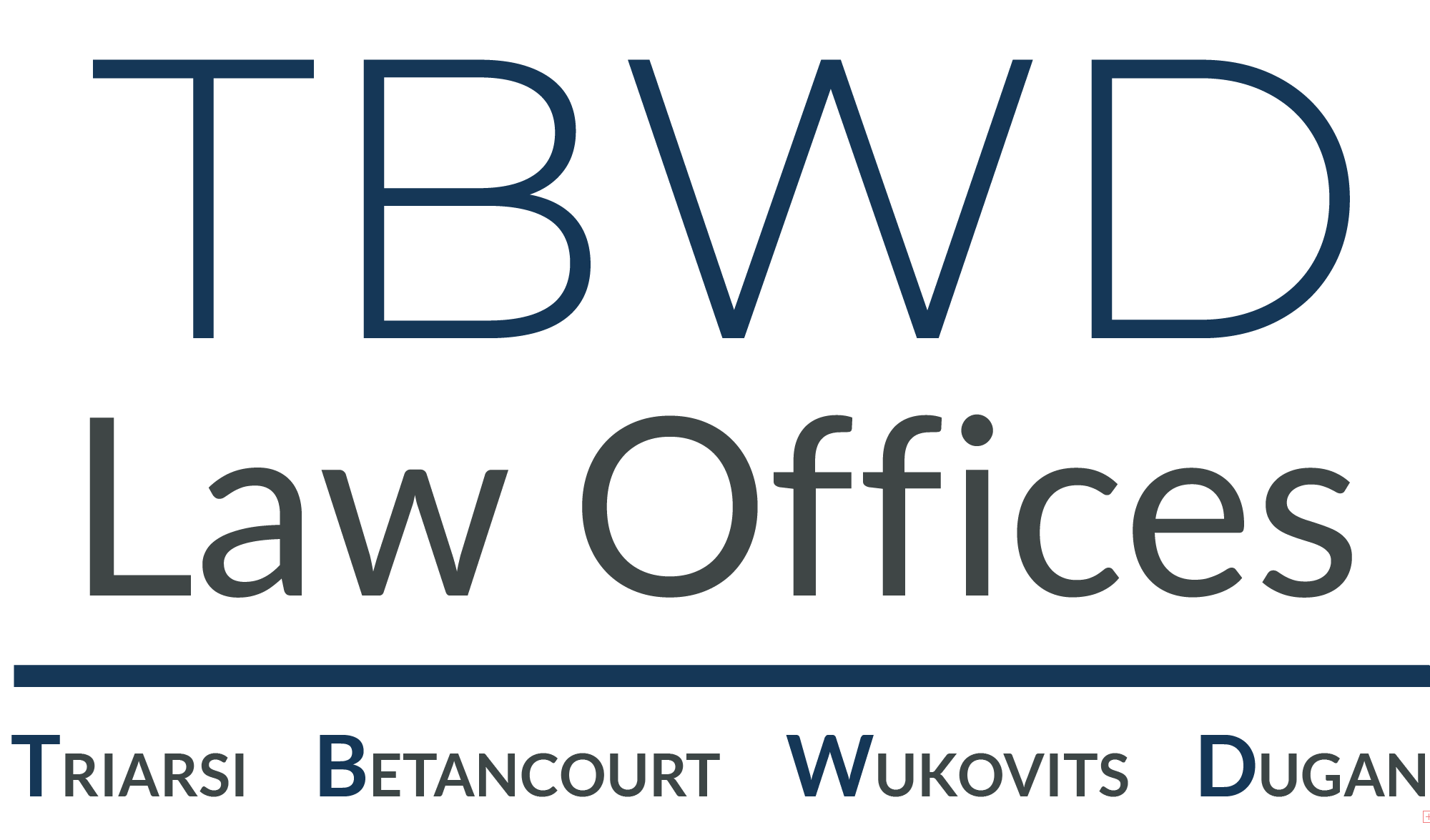The answer to the above is “no”. First & foremost, a New Jersey Superior Court judge will make a quantitative and qualitative analysis of the aggravating and mitigating factors at the time of a defendant’s sentencing…even if there was a plea deal with State prosecutors. See N.J.S.A 2C:44-1(a) and (b). The aggravating factors are:
- The nature and circumstances of the offense and defendant committed the offense in a particularly heinous, cruel, or depraved way.
- The level of harm to the victim and the defendant knew or reasonably should have know that the victim was vulnerable because of their age, health, or any other reason.
- The defendant’s risk of committing a new offense.
- The defendant violated the public trust.
- The defendant’s prior criminal record & seriousness of the offenses resulting in conviction.
- The defendant committed the offense for payment.
- The defendant was involved in organized crime.
- The defendant committed the offense against a law enforcement officer or certain other “protected” officials.
- The need to deter the defendant and others from committing crimes.
- The defendant offense involved fraud against the State.
- The defendant would only consider a fine, penalty or restitution as the “cost of doing business”.
- The defendant’s offense was committed against a known 60-year-old person or older or disabled.
- The defendant used a stolen vehicle during the crime.
- The defendant’s offense was committed against a known 60-year-old person or older or disabled.
- The defendant committed an act of domestic violence in the presence of a child under 16 years old.
- The defendant committed domestic violence and committed other act(s) of domestic violence.
The so-called mitigating factors, considered by the sentencing judge and, often cited by criminal defense attorneys in the hope of leniency for a client, include the following:
- The defendant did not cause or threaten serious harm.
- The defendant did not contemplate they would cause or threaten serious harm.
- The defendant acted under strong provocation.
- There were substantial grounds for the defendant’s behavior.
- The defendant did not have a criminal history, including a history of juvenile delinquency.
- The victim either induced or facilitated the crime.
- The defendant will compensate the victim or complete a program of community service.
- The defendant is unlikely to reoffend.
- The defendant is likely to respond affirmatively to probation.
- The defendant’s actions were caused by circumstances unlikely to recur.
- The defendant & their dependents would suffer excessive hardship due to imprisonment.
- The defendant cooperated with law enforcement authorities.
- The conduct of a youthful defendant was influenced by a more mature individual.
- The defendant was under 26 years of age at the time of the crime.
However, despite the Court’s proper consideration of aggravating and mitigating factors, the Parole Board’s decision is separate and distinct from the determination as to whether an offender is suitable for parole release pursuant to N.J.A.C. 10 A:71-3.11. Although an inmate is eligible for parole consideration, it is the Board’s authority to determine whether the inmate is suitable for parole release. Prior commentary by the sentencing judge and even the prosecutor’s commentary is not binding on the Board. In each case, the Board is to consider the parole release factors set forth in N.J.A.C. 10 A:71-3.11(b). These factors include the following:
- Commission of an offense while incarcerated.
- Commission of serious disciplinary infractions.
- Nature and pattern of previous convictions.
- Adjustment to previous probation, parole and incarceration.
- Facts and circumstances of the offense.
- Aggravating and mitigating factors surrounding the offense.
- Pattern of less serious disciplinary infractions.
- Participation in institutional programs which could have led to the improvement of problems diagnosed at admission or during incarceration. This includes, but is not limited to, participation in substance abuse programs, academic or vocational education programs, work assignments that provide on-the-job training and individual or group counseling.
- Statements by institutional staff, with supporting documentation, that the inmate is likely to commit a crime if released; that the inmate has failed to cooperate in his or her own rehabilitation; or that there is a reasonable expectation that the inmate will violate conditions of parole.
- Documented pattern or relationships with institutional staff or inmates.
- Documented changes in attitude toward self or others.
- Documentation reflecting personal goals, personal strengths or motivation for law-abiding behavior.
- Mental and emotional health.
- Parole plans and the investigation thereof.
- Status of family or marital relationships at the time of eligibility.
- Availability of community resources or support services for inmates who have a demonstrated need for same.
- Statements by the inmate reflecting on the likelihood that they will commit another crime; the failure to cooperate in their own rehabilitation; or the reasonable expectation that they will violate conditions of parole.
- History of employment, education and military service.
- Family and marital history.
- Statement by the court reflecting the reasons for the sentence imposed.
- Statements or evidence presented by the appropriate prosecutor’s office, the Office of the Attorney General, or any other criminal justice agency.
- Statement or testimony of any victim or the nearest relative(s) of a murder/manslaughter victim.
- The results of the objective risk assessment instrument.
- Subsequent growth and increased maturity of the inmate during incarceration.
Oftentimes, my law firm will receive a telephone call from an inmate and/or their upset family members when the Parole Board denies parole and (then) establishes a future eligibility date. While an administrative appeal of a parole denial is something which my firm can file, the Parole Board often finds that the Board panel, which earlier conducted the hearing to determine the inmate’s suitability for parole, had properly considered the aggregate information, pursuant to N.J.A.C. 10A:71-3.11, and fully documented & supported its decision pursuant to N.J.A.C. 10A:71-3.18(f).
Hence, it is important for an inmate to fully prepare for a parole hearing and to exhibit both resolution & insight necessary to establish themselves as a viable candidate for parole release. I cordially invite any and all prospective clients or their loved ones to immediately contact me in the event that they are denied parole by the Parole Board panel.

